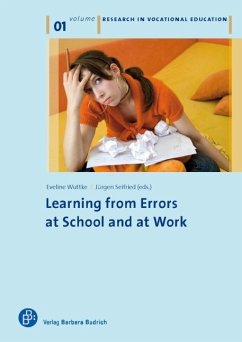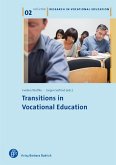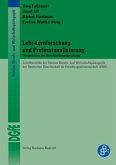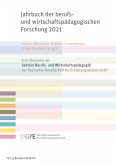Learning by erring Is it possible to learn from your mistakes? While there is evidence to the positive, there is also evidence suggesting that whether mistakes may teach you anything depends on genetic disposition as well as supervisors handling those mistakes. Apparently, it is of utter importance to see how things cannot work, what things are not like, and what you do not know. Through this negative knowledge, learning through errors may be achieved. In this book, the authors look at errors and their potentials for the learning process, as well as the sort of environment that does make a positive difference concerning these concepts.
Dieser Download kann aus rechtlichen Gründen nur mit Rechnungsadresse in A, B, BG, CY, CZ, D, DK, EW, E, FIN, F, GR, H, IRL, I, LT, L, LR, M, NL, PL, P, R, S, SLO, SK ausgeliefert werden.









